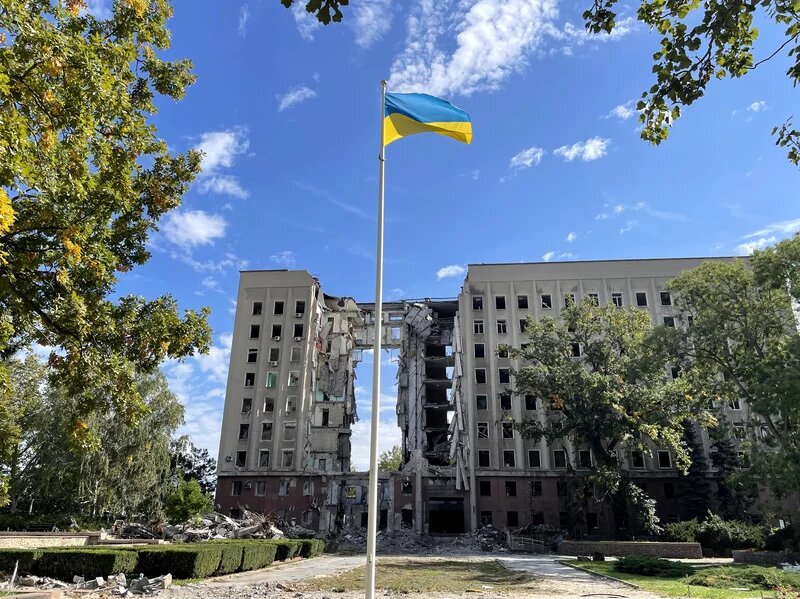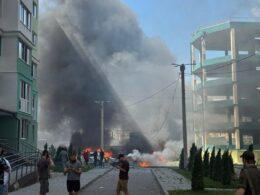The estimated total reconstruction and recovery costs for Ukraine over the next decade have risen to $486 billion, according to the World Bank’s Rapid Damage and Needs Assessment (RDNA3) released on 15 February. This figure marks an increase from the $411 billion estimated a year ago, reflecting the ongoing impact of Russia's full-scale invasion of Ukraine, which began nearly two years ago.
For 2024, Ukrainian authorities estimate that the country will require approximately $15 billion for immediate reconstruction and recovery priorities, with a focus on supporting the private sector and restoring housing, infrastructure, energy, and transport. However, the RDNA3 report highlights a funding gap, with $5.5 billion secured and $9.5 billion currently unfunded.
The RDNA3 assesses direct damages in Ukraine at nearly $152 billion, with the most affected sectors being housing, transport, commerce and industry, energy, and agriculture. The report also outlines critical investment needs for short-term recovery and medium-term reconstruction, emphasizing the importance of reforms and policies that catalyze private sector involvement and ensure an inclusive and green recovery.
World Bank Vice President for Europe and Central Asia Antonella Bassani highlighted Ukraine's resilience and the World Bank Group's commitment to supporting the country's economic recovery and reforms.
The RDNA3 findings align with the reform and investment agenda of the Ukraine Plan, which will guide EU payments under the Ukraine Facility for the next four years, supporting Ukraine's EU accession process and the principles of "building back better."
Since the last assessment, the Government of Ukraine has made progress in meeting urgent needs, including the disbursement of $1 billion toward housing sector recovery and the reconstruction of damaged buildings, emergency repairs on more than 2,000km of roads, and the rebuilding of approximately 500 educational institutions, the report reads.
The report also emphasizes the need for investment in Ukraine's human capital and the impact on vulnerable groups and communities. United Nations Resident Coordinator in Ukraine Denise Brown called for continued international support for Ukraine's inclusive recovery efforts.
On 1 February, the European Union reached an agreement to provide €50 billion in financial assistance to Ukraine from 2024 to 2027. This aid aims to support Ukraine''s recovery efforts and help finance the state's functioning amid the ongoing full-scale war.
Read also:
- UK, Latvia сo-lead drone coalition to supply thousands of drones to Ukraine
- Germany pledges $ 107 mn in short-term military aid to Ukraine
- FT: Hungary stalls approval of EU’s latest Russia sanctions
- Putin says only regret is not invading Ukraine sooner





